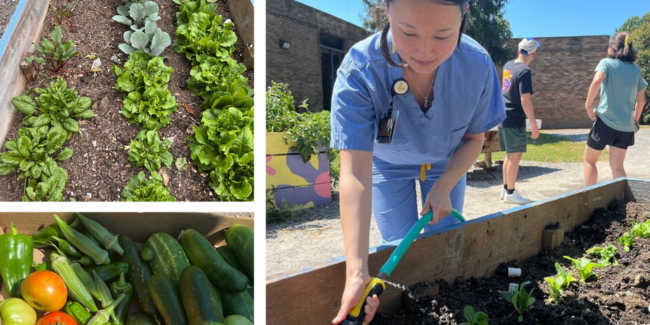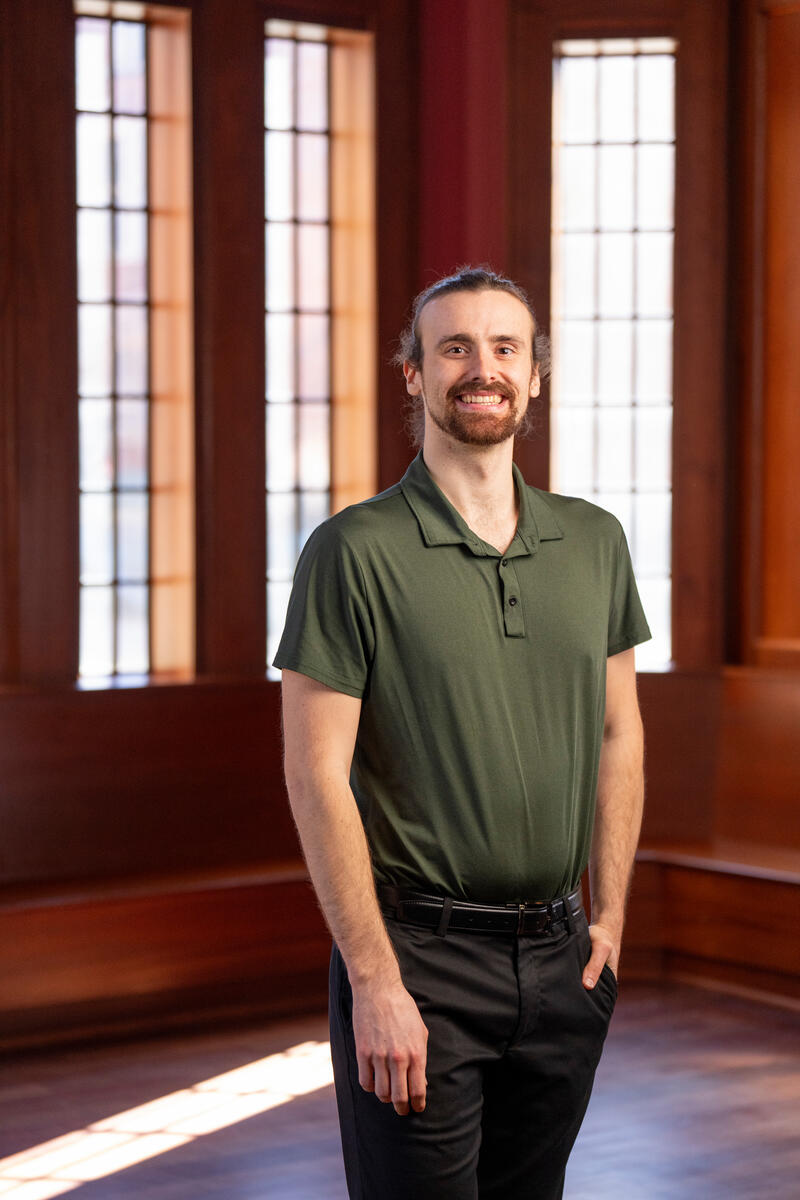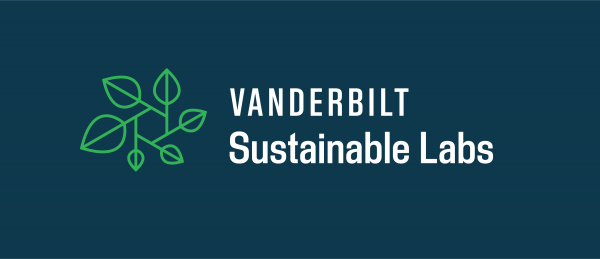
The new Vanderbilt Sustainable Labs program, an initiative from Environmental Health, Safety and Sustainability in the Division of Administration, provides guidance and a voluntary certification designation for laboratory members to reduce the environmental impact of their lab activities.
Laboratory spaces traditionally consume about five times more energy per square foot than standard office spaces, making them a crucial focal point for university sustainability efforts. The VSL program not only meets this challenge but also supports the entire university in meeting its ambitious carbon and waste reduction goals.
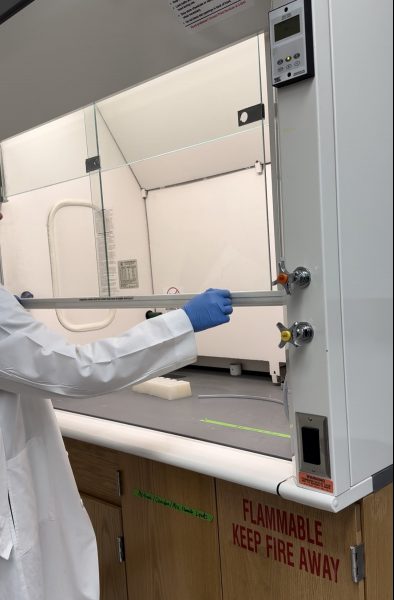
“The launch of the Vanderbilt Sustainable Labs program represents a significant milestone in our ongoing commitment to environmental stewardship and sustainability,” said Andrea George, assistant vice chancellor for environmental health, safety and sustainability. “By engaging our laboratory community in sustainable practices, we are not only reducing the university’s environmental impact but also supporting Vanderbilt’s culture of innovative, safe and responsible research.”
The VSL program offers two resources:
- Sustainable Lab Guide: This comprehensive guide for laboratory members offers practical strategies to minimize the environmental impact of lab activities.
- Sustainable Lab Certification Program: Labs can voluntarily participate in this program by completing a self-certification form. After meeting impactful sustainability criteria, lab teams receive a sustainable lab certification badge, which can be showcased to highlight their commitment to sustainability.
The program is the result of collaborative efforts between EHSS and the Green Team, a group of researchers passionate about sustainability within the Center for Structural Biology and the Molecular Biophysics Training Program.
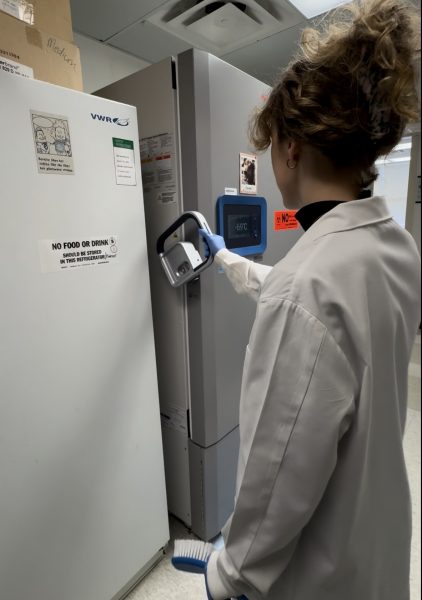
“Laboratory spaces are essential for research and discovery, but they also have a substantial environmental impact,” said Borden Lacy, Green Team member and principal investigator for the Lacy laboratory. “The VSL program underscores our commitment to sustainability by empowering Vanderbilt labs to adopt eco-friendly practices without compromising scientific excellence.”
Peer advisers are available to support labs in implementing sustainable strategies and completing the certification checklist. Email futurevusustainability@vanderbilt.edu to learn more.
For more information about the Vanderbilt Sustainable Labs program, including resources and how to get involved, visit the VSL website.

